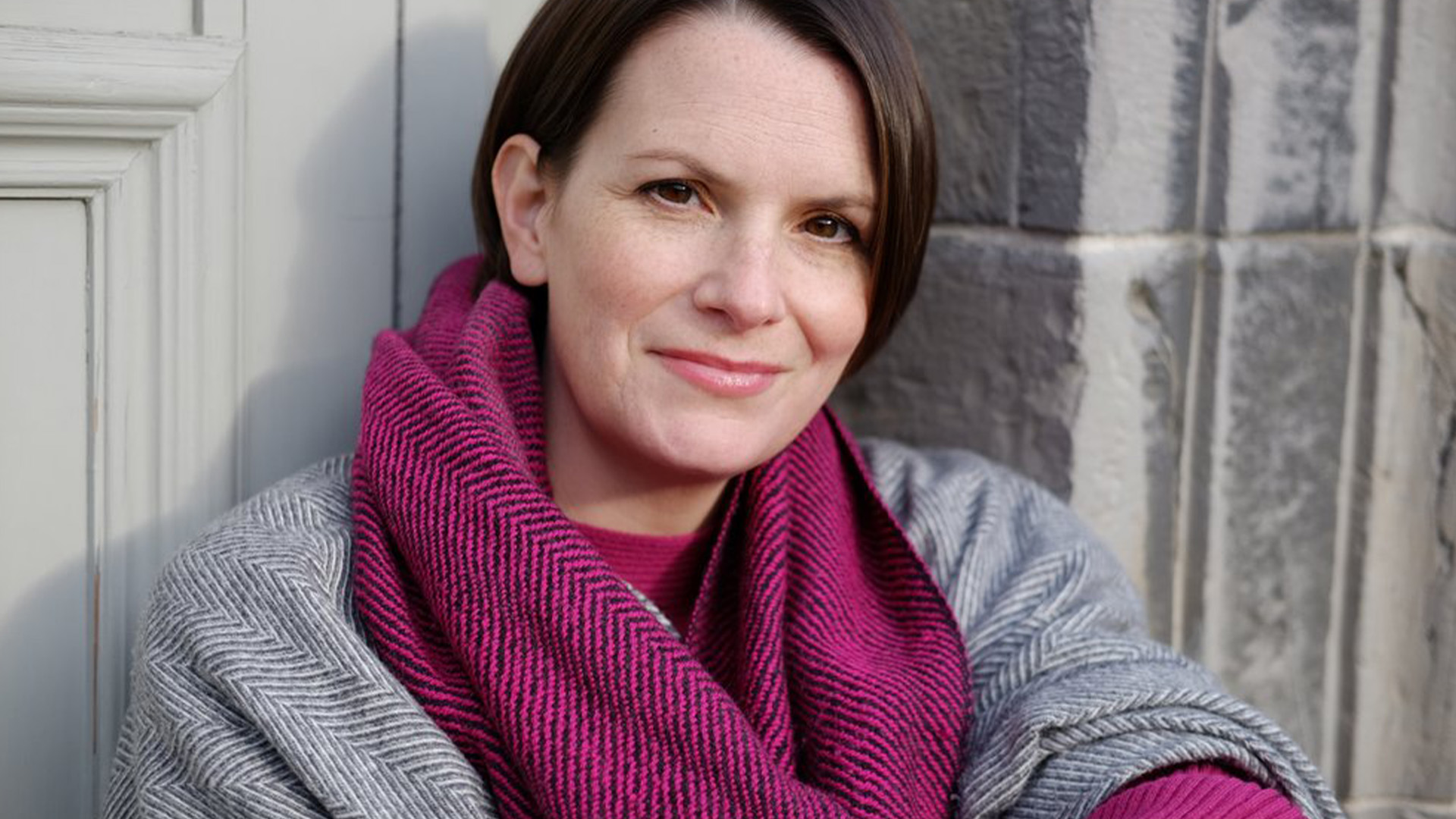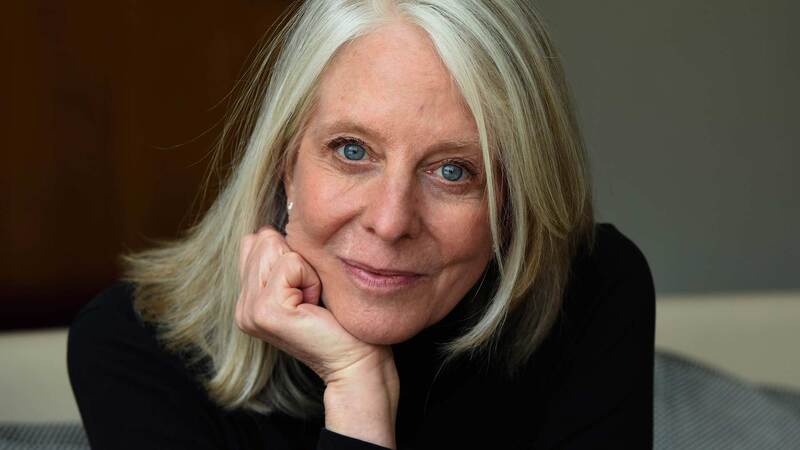You are viewing your 1 free article this month. Login to read more articles.
Gallen triumphs at 2023 Comedy Women in Print Prize
Authors Michelle Gallen and Nikki May, actresses Sharon Horgan and Jo Brand and school librarian Silvia Saunders were among those recognised at the Comedy Women in Print Prize at The Groucho Club in London this evening (17th April).
The Published Novel prize was awarded to Gallen for what the judges dubbed her “fearless, raunchy” novel Factory Girls (John Murray), the story of a Northern Irish schoolgirl who takes a holiday job in a shirt factory in 1994. Gallen’s previous novel, Big Girl Small Town (also John Murray), which was shortlisted for the 2020 CWIP Published Novel, is already being adapted for TV after director and actor Kathy Burke bought the rights.
The runner-up of the Published Novel prize was presented to former copywriter and creative director’ Bonnie Garmus for Lessons in Chemistry, in one of two wins for publisher Doubleday, described by organisers as “beautifully written, utterly original” fiction debut. Soon to be an Apple TV+ drama, it follows scientist-turned-TV chef Elizabeth Zott as she takes on workplace sexism in 1960s America.
Meanwhile the inaugural New Voice award for a debut published author (part of Penguin’s Sue Townsend legacy initiative with CWIP) was awarded to May, an Anglo-Nigerian author, for what judges called the “comedic and joyously relatable friendship thriller”, Wahala (Doubleday), which is soon to be a BBC drama.
Winners Gallen, Garmus and May were awarded £3,000, £1,000, and £500, respectively from the Authors’ Licensing & Collecting Society (ALCS), a private donor and Penguin.
In the Unpublished Novel Prize section, Saunders, a school librarian based in London, was crowned winner for Happy Above Us, securing a publishing contract and £5,000 advance from HarperFiction. Veronika Dapunt was also named runner-up for Death and Her Life and won a place on the online MA in Comedy Writing course from Falmouth University while second runner-up went to Christina Carty for While He Looked at The Moon, who won a place on the University of Hertfordshire MA course in Creative Writing or a writing mentorship.
Also in the Unpublished category, the runner-up ‘Book to Screen’ mentorship from TV production company Schnoobert Productions went to North Yorkshire author Louise Jensen for her manuscript Miss Merriman Regrets. Additionally Niloufar Lamakan was awarded the inaugural CWIP Commendation Prize for her novel Swiping At 60.
Jennifer Young, head judge of the Unpublished Novel category, said: “We wrangled long and hard over the wide range of well written and witty manuscripts from gritty reality to the fantastical, from characters in their 20s to their 60s, and even to ageless death.”
For the first time, CWIP partnered with independent publisher Farrago for a Short Story prize, awarded to Sorry Delivery by Paula Lennon, about a slacker delivery driver with narcolepsy who encounters a dead body on her route.
Lennon received £1,000 and, along with the 12 shortlisted authors, will be published by Farrago in an anthology, The Book of Witty Women.
Transformation was a major theme in the prize list this year, organisers said. “This year’s winning books feature women on the cusp of change — messy, transformative, bold, hilarious. Less about gags, and more about the multitude of ways women express humour about the most urgent topics, the humour in these genre-defying titles has the power to travel to new audiences.
“But it’s also a reminder that writing we consider fun and light — about love and dating for instance — can move us deeply and change us.”
Singling out individuals’ achievements, the Witty Impact Award went to Horgan, known for shows such as “Catastrophe", praised by organisers for “her contribution to wit on the page and screen as well as changing the literary canvas with women-led comedy”. This award was presented by comedian, actress and author Meera Syal who was last year’s recipient of the same award.
Brand was presented with the Honorary Game-Changer Award. Brand was named Witty Game-Changer for “her role in transforming the perception of witty women in comedy as well as pushing boundaries across all media”, organisers said.
Helen Lederer, prize founder, said: “To choose between any of these wonderfully clever, uplifting novels is impossible, but we have created a platform to celebrate the wit that is already out there, as well as enable new witty writing.”
CWIP first launched in 2018 by Lederer with just two categories and has expanded over the last few years. Last September, when it opened for entries for its fourth year, publishers were asked to donate £20 per entry to enable the prize to stay afloat.




















